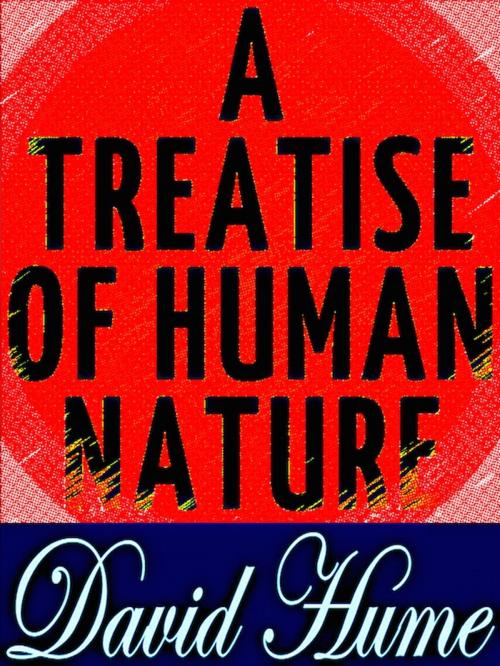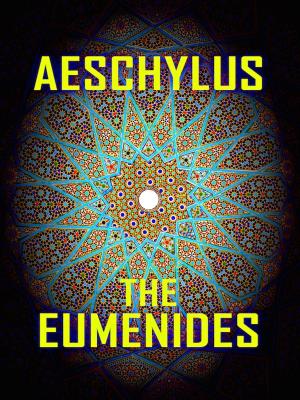| Author: | David Hume | ISBN: | 1230000699013 |
| Publisher: | Editions Artisan Devereaux LLC | Publication: | October 2, 2015 |
| Imprint: | Language: | English |
| Author: | David Hume |
| ISBN: | 1230000699013 |
| Publisher: | Editions Artisan Devereaux LLC |
| Publication: | October 2, 2015 |
| Imprint: | |
| Language: | English |
Published in 1738, A Treatise of Human Nature is considered one of the most important philosophical works ever published.
It was David Hume’s attempt to apply scientific methods of observation to the study of human nature, and a vigorous attack upon the principles of traditional metaphysical thought.
With masterly eloquence, Hume denies the immortality of the soul; considers the manner in which we form concepts of identity, cause and effect; and speculates upon the nature of freedom, virtue and emotion.
Opposed both to metaphysics and to rationalism, Hume's philosophy of informed skepticism sees man not as a religious creation, nor as a machine, but as a creature dominated by sentiment, passion and appetite.
DAVID HUME (1711- 1776) was a Scottish philosopher, historian, economist, and essayist, best known today for his highly influential system of radical philosophical empiricism, skepticism, and naturalism. A general consensus exists today that Hume's most philosophically distinctive doctrines are to be found in the Treatise, begun when Hume was just 23 years old, and now regarded as one of the most important works in the history of Western Philosophy.
Published in 1738, A Treatise of Human Nature is considered one of the most important philosophical works ever published.
It was David Hume’s attempt to apply scientific methods of observation to the study of human nature, and a vigorous attack upon the principles of traditional metaphysical thought.
With masterly eloquence, Hume denies the immortality of the soul; considers the manner in which we form concepts of identity, cause and effect; and speculates upon the nature of freedom, virtue and emotion.
Opposed both to metaphysics and to rationalism, Hume's philosophy of informed skepticism sees man not as a religious creation, nor as a machine, but as a creature dominated by sentiment, passion and appetite.
DAVID HUME (1711- 1776) was a Scottish philosopher, historian, economist, and essayist, best known today for his highly influential system of radical philosophical empiricism, skepticism, and naturalism. A general consensus exists today that Hume's most philosophically distinctive doctrines are to be found in the Treatise, begun when Hume was just 23 years old, and now regarded as one of the most important works in the history of Western Philosophy.















